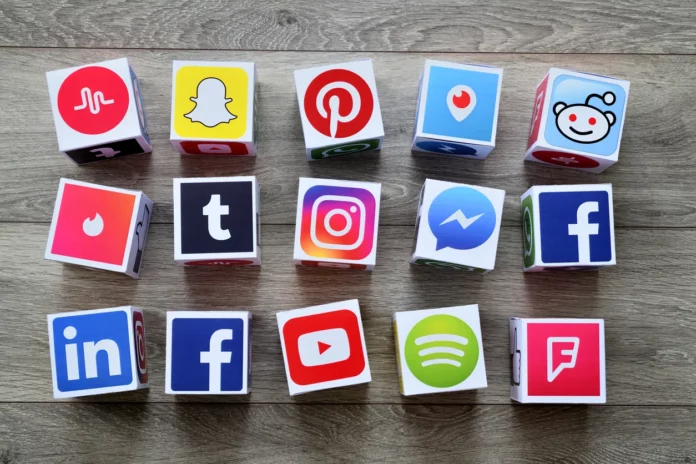In the digital age, social media has become an integral part of our lives. From sharing personal moments to connecting with friends and family, these platforms offer a myriad of benefits. However, with the convenience of social media comes the risk of cyber threats. Hackers and cybercriminals are constantly on the lookout for vulnerabilities to exploit. Therefore, it’s crucial to secure your social media accounts to protect your personal information and privacy.
Use Strong and Unique Passwords
The first step in securing your social media accounts is to use strong and unique passwords. Avoid using easily guessable information such as your name or birthdate. Instead, use a combination of letters, numbers, and special characters. Additionally, use different passwords for each of your social media accounts to prevent a single breach from compromising all your accounts.
Enable Two-Factor Authentication
Two-factor authentication (2FA) adds an extra layer of security to your accounts by requiring a second form of verification, such as a code sent to your phone or email. This makes it significantly harder for hackers to gain access to your accounts, even if they have your password.
Be Cautious of Phishing Attacks
Phishing attacks are a common method used by cybercriminals to steal login credentials. These attacks often involve fake emails or messages that appear to be from a legitimate source, asking you to click on a link and enter your login information. Always verify the sender’s email address and avoid clicking on suspicious links.
Regularly Update Your Privacy Settings
Social media platforms often update their privacy settings to give users more control over their information. Regularly review and update your privacy settings to ensure that only people you trust can see your posts and personal information.
Limit the Amount of Personal Information You Share
Be cautious about the amount of personal information you share on social media. Avoid posting sensitive information such as your address, phone number, or financial information. This information can be used by cybercriminals to steal your identity or commit fraud.
Use a VPN
A Virtual Private Network (VPN) encrypts your internet connection, making it more difficult for hackers to intercept your data. It also masks your IP address, making it harder for cybercriminals to track your online activities. Consider using a VPN, especially when accessing social media accounts on public Wi-Fi networks.
Keep Your Software Up to Date
Hackers often exploit vulnerabilities in outdated software to gain access to your devices. To protect your social media accounts, make sure to regularly update your operating system, web browser, and any apps or plugins you use.
In addition to these measures, another way to enhance your social media security is by using residential proxies. These proxies provide a layer of anonymity and security by masking your IP address with a residential IP, making it difficult for hackers to trace your online activities. Consider using the cheapest residential proxies available to enhance your social media security further.
Conclusion
Securing your social media accounts is essential to protect your personal information and privacy. By following these tips and using residential proxies, you can significantly reduce the risk of falling victim to cyber threats. Remember to use strong and unique passwords, enable two-factor authentication, be cautious of phishing attacks, regularly update your privacy settings, limit the amount of personal information you share, use a VPN, and keep your software up to date. With these measures in place, you can enjoy the benefits of social media while keeping your accounts safe and secure.
Also Read: Goa to rope in social media influencers to promote tourism, schemes







